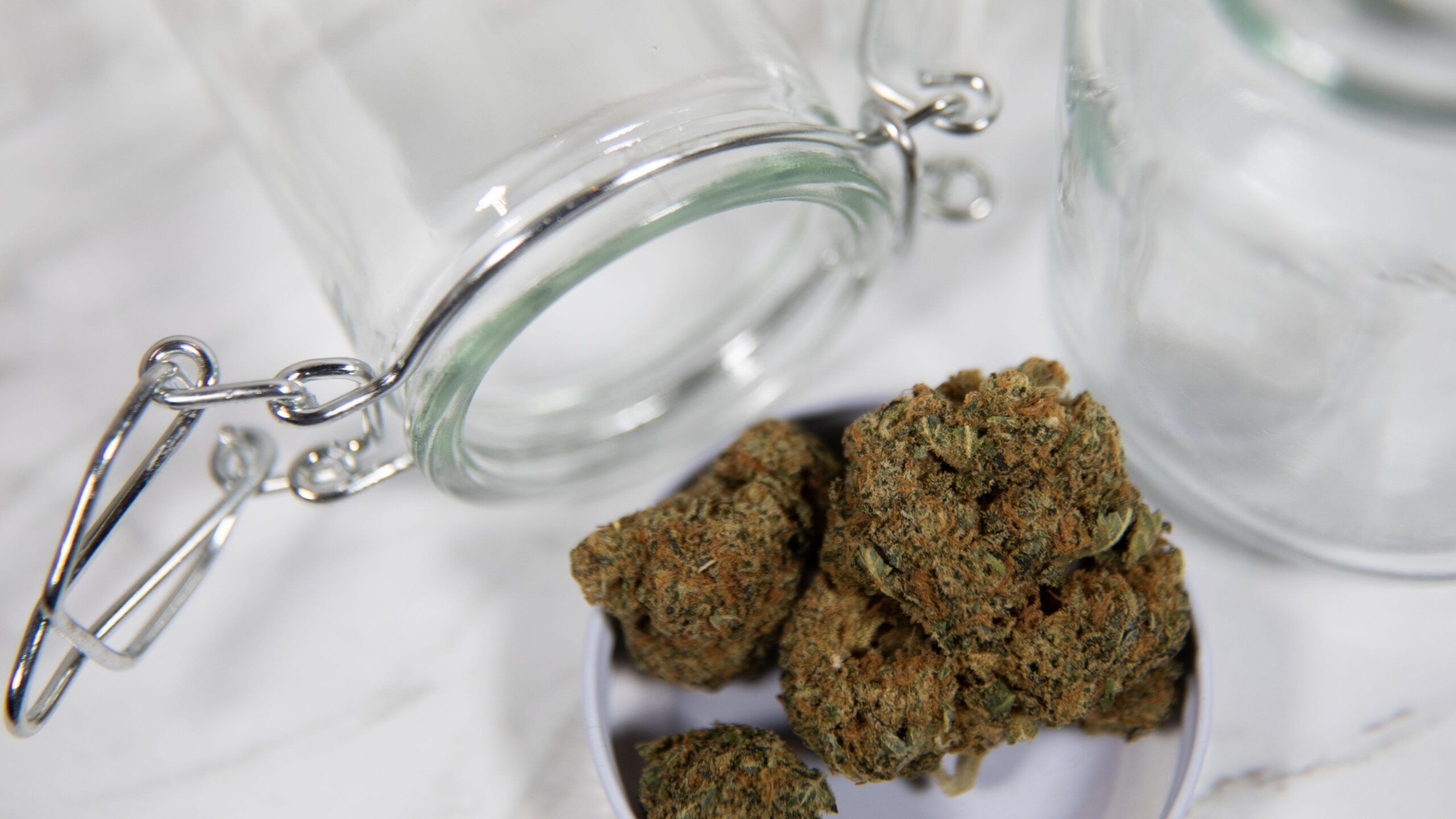In an industry where innovation thrives and new strains emerge rapidly, cannabis seed banks stand as the gatekeepers of the plant’s genetic lineage. These institutions—part archive, part vault—play a critical role in conserving the biodiversity of cannabis by preserving seeds from landrace varieties, heritage strains, and modern hybrids. As the legal cannabis industry expands, the work of seed banks becomes increasingly important in protecting the genetic diversity that supports innovation, breeding resilience, and medicinal research.
The Mission of Cannabis Seed Banks
Cannabis seed banks function much like the famed Svalbard Global Seed Vault for food crops: they store viable seeds in controlled environments, ensuring the survival of specific genetic lines for future cultivation and study. Seed banks such as The Vault, Seedsman, Crop King Seeds, and Herbies Seeds have amassed large collections that include classic strains like Northern Lights, Skunk #1, and White Widow, along with hard-to-find landrace varieties from regions like Afghanistan, Colombia, and Thailand.
These banks operate globally and often collaborate with breeders, researchers, and collectors to identify, catalog, and preserve valuable phenotypes and genotypes. The process involves meticulous documentation of each seed’s origin, lineage, traits, and cannabinoid/terpene profiles.
Preserving Landrace Strains
At the heart of seed conservation are landrace strains—the original cannabis varieties that adapted naturally to their native environments over centuries. These strains exhibit unique cannabinoid ratios, growth patterns, and resistances shaped by local climates and soil conditions. Examples include Hindu Kush, Durban Poison, Acapulco Gold, and Malawi Gold.
Because commercial cultivation trends favor high-THC hybrids and fast-growing varieties, landrace genetics are at risk of extinction. Seed banks preserve these foundational strains to ensure that future breeders can access the raw materials needed to develop resilient and diverse cultivars.
Genetic Stability and Future Breeding
One of the most important roles seed banks play is providing genetic stability to the industry. Breeders rely on stable seed stock to produce consistent results, whether developing high-CBD medical strains or exotic terpene-rich cultivars for connoisseurs. Without seed banks, the breeding process would become more volatile, increasing the risk of losing desired traits due to genetic drift or cross-contamination.
In addition, seed banks offer a repository of past genetics that allows modern breeders to reintroduce legacy traits or revive strains lost to time. This continuity is particularly important in the era of climate change, where adaptability may depend on re-incorporating robust genetics from older or wild cannabis types.
Supporting Scientific Research
Cannabis research has grown significantly, with institutions like the University of Mississippi’s National Center for Natural Products Research and Israel’s Volcani Center leading the way. Reliable, traceable seed stock is essential for studies exploring cannabinoids, terpenes, and therapeutic applications.
By offering authenticated genetics, seed banks provide a vital service to researchers who need certainty in strain identity and composition. As medical cannabis programs expand globally, the demand for verified, pharmaceutical-grade genetics will only grow.
Collectors and Conservation
Seed banks also cater to private collectors and preservationists who treat cannabis seeds as heirlooms. For these enthusiasts, collecting rare and vintage seeds is as much about honoring cannabis heritage as it is about cultivation.
With the legal gray zones of international cannabis commerce, seed collectors serve an underground role in protecting genetics that may otherwise be erased by government raids, natural disasters, or market homogenization. Seed banks often support this mission by providing storage services and educational resources.
Challenges to Genetic Preservation
Despite their value, seed banks face multiple challenges:
- Legal barriers across jurisdictions hinder the exchange of genetic material.
- Patent laws threaten open-source breeding and genetic sharing.
- Corporate consolidation risks prioritizing profits over biodiversity.
To overcome these, advocacy and international cooperation will be essential. Organizations such as the Open Cannabis Project and Phylos Bioscience (despite past controversies) have promoted transparency and data sharing in cannabis genetics.
Final Thoughts
Cannabis seed banks are more than suppliers—they’re historians, archivists, and protectors of genetic heritage. Their work ensures that the plant’s rich past can continue to inform its promising future. As legalization expands and market trends evolve, preserving cannabis diversity through seed banking remains not just relevant, but essential.
Learn more about the Pioneers Behind the Most Iconic Strains

